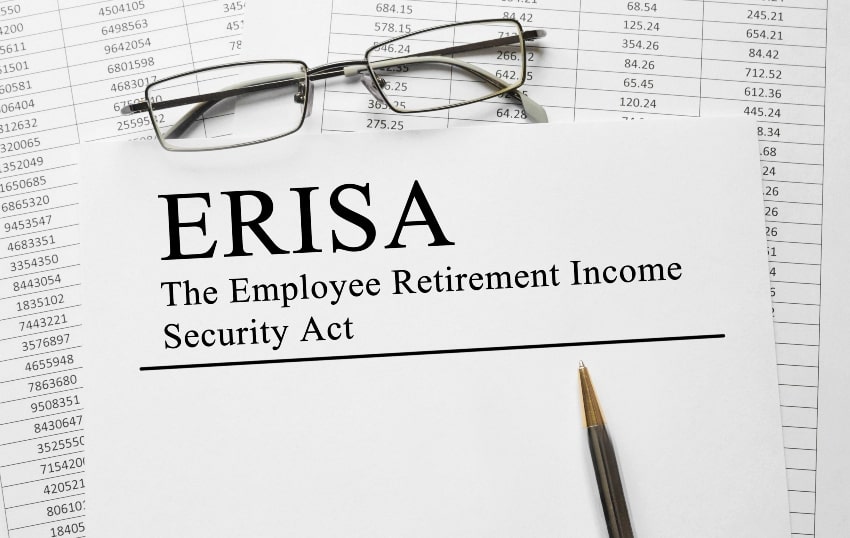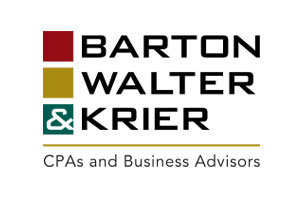An ERISA Fundamentals Review
February 9, 2023 | Barton Walter and Krier
The Employee Retirement Income Security Act (ERISA) oversees and manages benefit plans provided to employees by their employers. Since its inception, some guidelines have been amended, but the basic principles remain the same. At Barton, Walter & Krier, we wanted to present an ERISA fundamentals review and offer our services to businesses on this retirement plan protection. ERISA Explained In 1974, the ERISA federal tax and labor law established regulations on employee benefits plans. The goal was to protect participants’ retirement savings from potential misconduct. The safeguards set forth by ERISA protect current employees and their beneficiaries as well as retirees. Employer-sponsored plans covered under ERISA include 401(k)s and 403(b)s, pensions, and profit-sharing plans. Specified non-retirement plans such as FSAs, disability and life insurance, and […]
Read More

